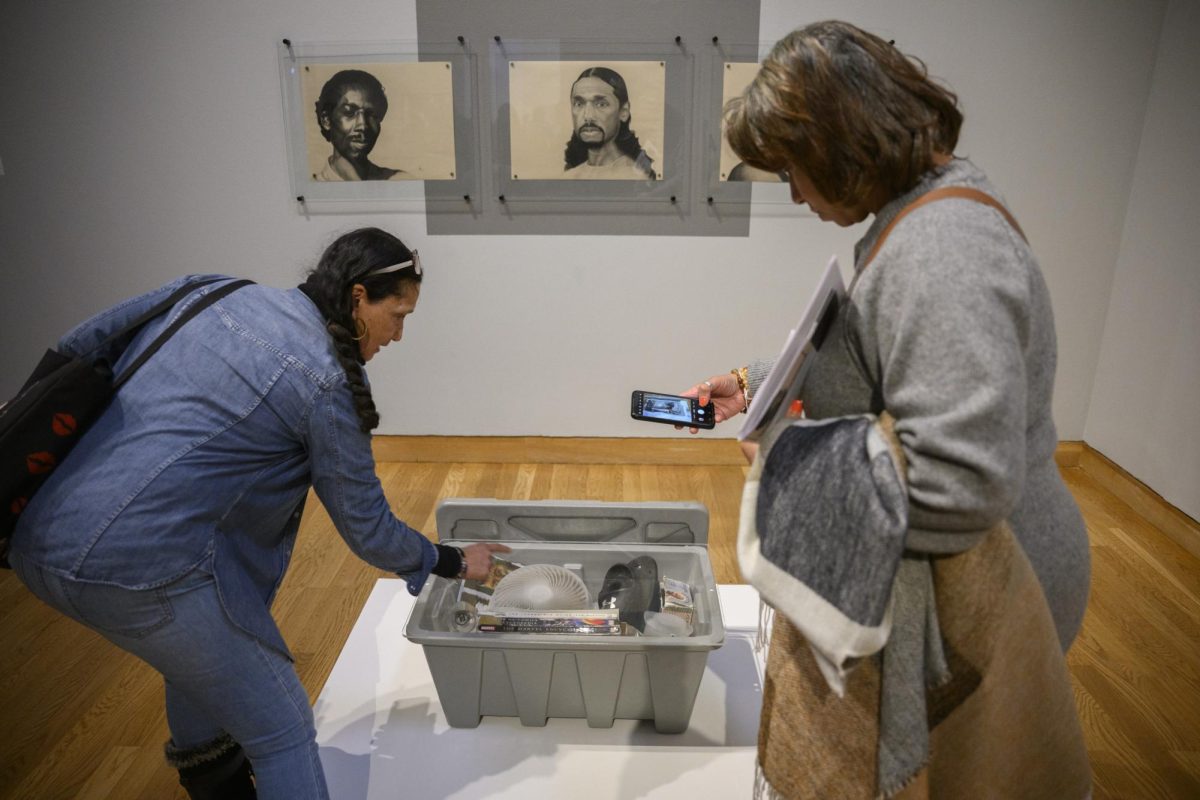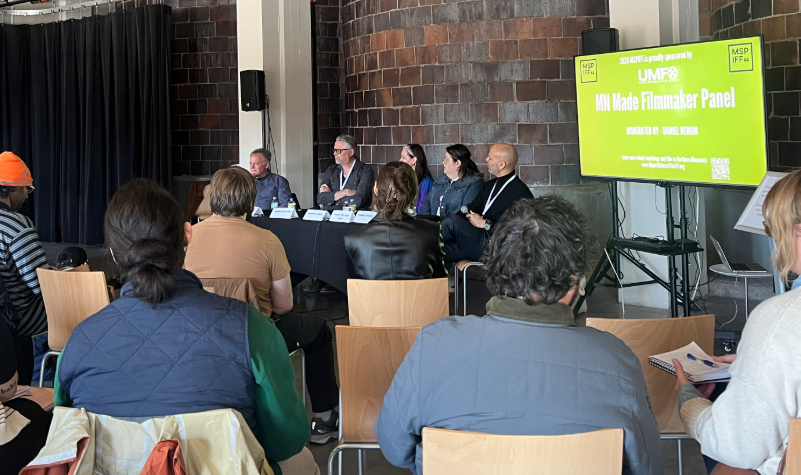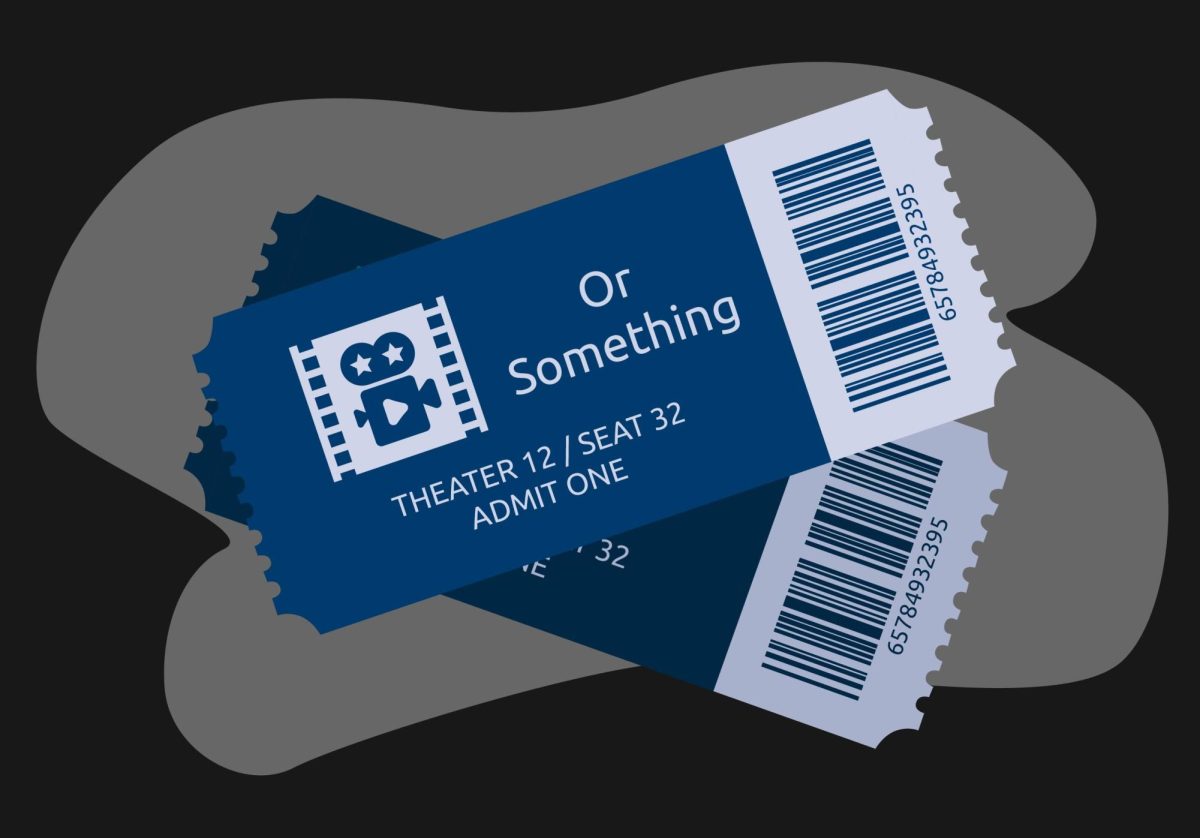Socialist labor unions are organizing.
The workers want to be treated like humans. The machine of progress that enslaves them will not consent to their demands. So they murder Tulio Castradoti, an Italian opera singer, for his bourgeois associations.
Or something like that. This all occurs in Trece Lunas’s zany anti-epic, “Revolution Cirkus: The Life and Times of Luis Emilio Recabarren.”
“Anti-epic” is the right description of this play.
Luis Recabarren, a labor organizer who stirred up socialist sympathy among mine workers in 1912 in Chile, isn’t the focus as much as the historical frame. The ideology that motivated him to establish Chile’s Communist Party isn’t really approached until Act 2.
Instead, writer and director Emiliano Silva constructs sparse scenes from different perspectives that revolve around the loose story of Recabarren’s ideas and ascent.
And it is very much a circus.
Any organized and unemployed working class is bound to scare the aristocracy.
In one of these scenes, Mr. Push, the president of the United States, offers a Chilean senator a few techniques on booby trapping future elections and snuffing socialist demonstrations.
The rest of the play is full of pointed parody and mockery. Silva pits present-day U.S. economics and politics against the story of Chile’s rising Communist Party.
Little of the satire is anything new.
The play begins with Korprate Klowns talking about “the illusion of democracy” and “the advancement of corporate interests.”
Sides in the play are perhaps too cleanly drawn. Capitalism versus socialism. Machine versus human.
But who cares?
Capitalistic pot shots and mud-slinging liberalism make good theater.
Silva, a native Chilean, and those that comprise Trece Lunas Arts Collective, throw innumerable theatrical goodies at the audience. And they don’t do it nicely.
We get a farce where flexing WWE wrestlers speak about cluster bombs. We get melodrama where the aristocracy flaunts their trivial worries, like Tulio Castradoti’s fame and pride.
Trece Lunas’ particular theatrical style is cartoon-like, and their spirited storytelling shouldn’t be wasted on obvious narratives. In this new climate then, the theater company’s caustic satire is like magic.
The Pachamama Band accompanies every scene. Their bolero and salsa play dodgeball with the cast, often transforming the play into musical dance numbers.
In one of these, labor union demonstrations are the background story to a brothel scene where Paulino Brener, a 7-foot man, goes drag.
When approaching the front row clenching his buttocks and cupping his breasts, rich landowners and conservative governments just might realize that revolution has many faces.







